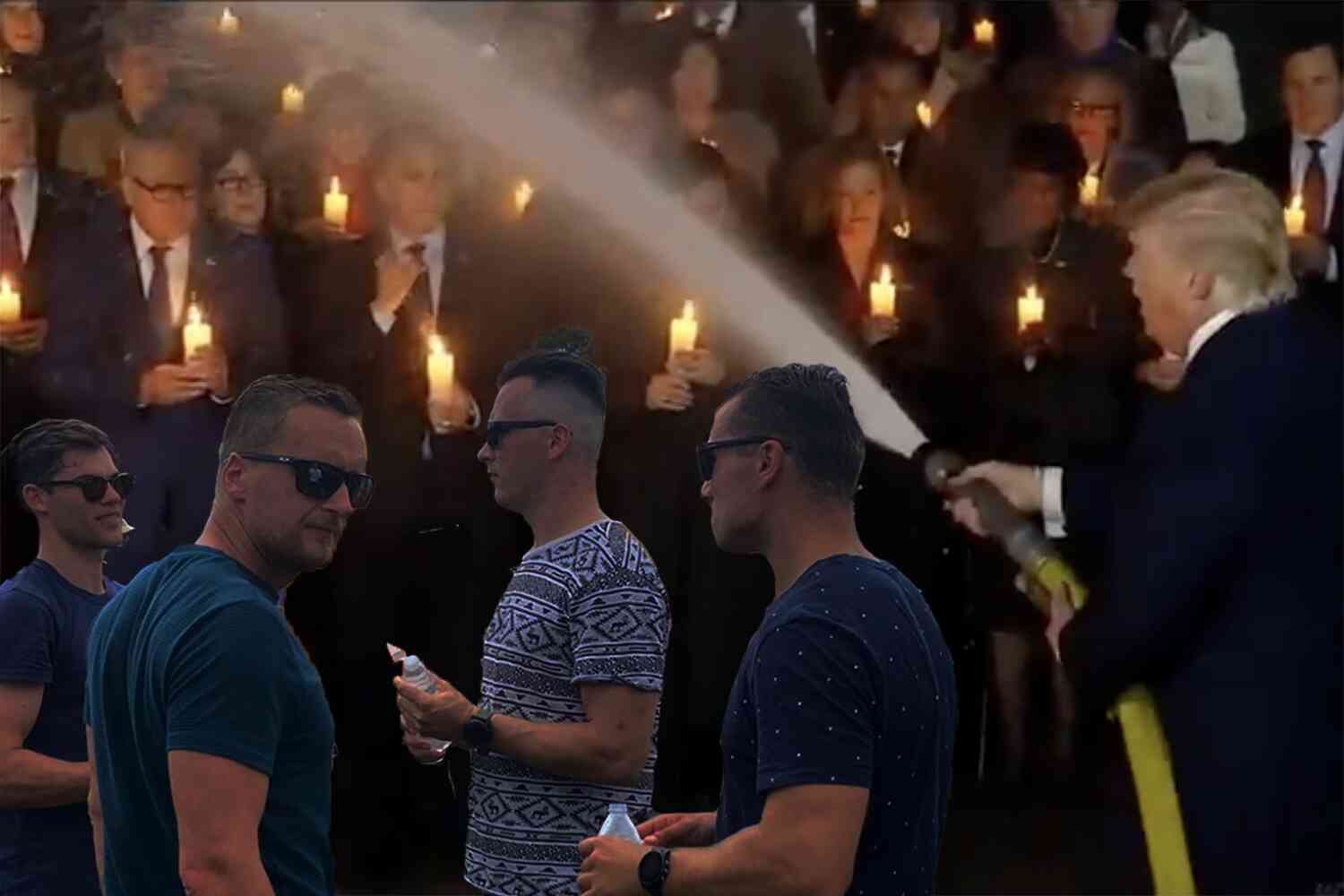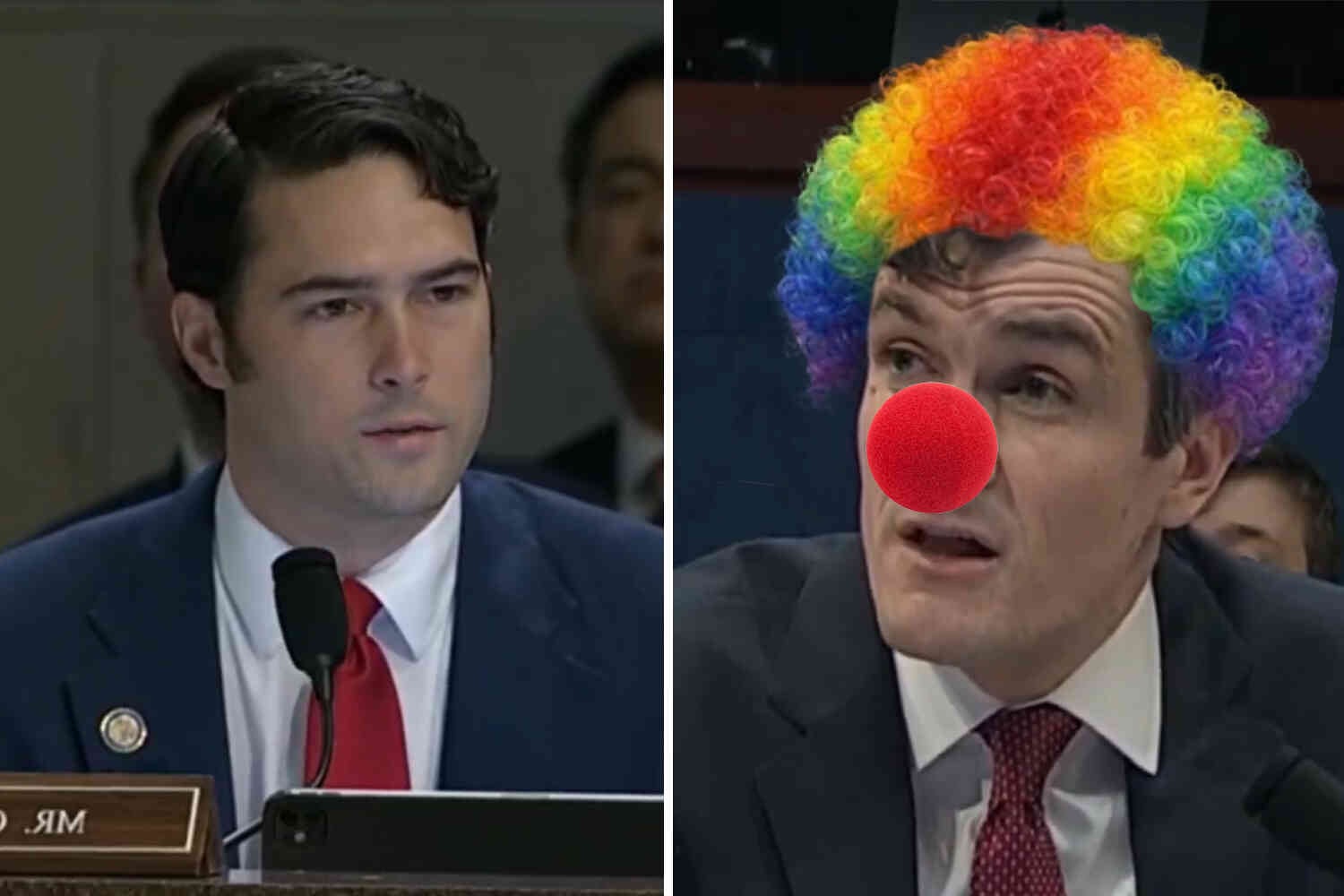While most universities in America may have started out as seminaries dedicated to the study and propagation of the Gospel, they're a far cry from those foundations now.
I'm not talking about their jaunt down the path of secular humanism, because, as it turns out, that path was just a detour back to the occult and paganism.
Once the bastions of logic and reason, universities are now pushing spell writing and tarot card reading as academic pursuits.

Let's take a look at some of the things the future generation of America will be studying this fall:
Yale is offering a course called "History of the Night" that will use,
... a cross-disciplinary approach to examine how the night became the abode of the ghost, the devil, the witch, and the dead.
Duke University is offering a course called "Radical Magic" that,
... will address such questions and more over the course of this semester by surveying the ways in which magic and the supernatural have been coded as feminine, irrational, and sinister.
And the final project for the class is more than literary exploration:
For your final project, you will create your own personal grimoire, or spell-book. Yes, you read that right — a spell book!
The professor even said that students will be doing psychic readings on each other.
Students do readings for each other, and in doing so they are training their brains to make connections between cards, to create complex stories that add up to a totality.
Georgetown University is offering several courses on witchcraft, including one called "The Problem with God," which includes the study of,
... rituals, symbols, shamanism, expanded states of consciousness, spirit possession, magic, divination and witchcraft.
Indiana University has an honors course called "A History of Magic; or, It is All Fun and Games Until Someone Gets Accused of Witchcraft," which,
... will make use of the rich IU collections to gain first-person experiences of magical objects of all kinds. We will appreciate magic-inspired art at the Eskenazi Art Museum, find magic books in the Wells library, learn how to classify magic objects in the Archaeology and Anthropology Museum, and look at spooky photographs and charming tools of stage magic in the Lilly library. In doing so, we will think about magic not only as words on a page or a screen, but tangible objects we can interact with, just as people have done for centuries.
Tulane University is offering "Ancient Magic, Modern Witchcraft," where,
Students will learn the skills necessary to succeed at a rigorous university (such as close reading, academic writing, and class participation) while exploring topics such as demonology, illness, prayer, exorcism, and witchcraft.
Columbia University has quite a few offerings as well, including one called "Magic and Modernity," which will explore,
... to what extent, magic is incompatible with modernity — or, actually, integral to its constitution.
All of that is nothing compared to our friends across the pond, where Exeter University is offering a postgraduate degree in Magic and Occult Science.
Dr. Emily Seolve, who is leading that particular program, said,
If we are looking for truly new and creative solutions to the problems that we as a society face, then we need to be honest and courageous about the fact that some of our tried and true methodologies do have a limit. Let's cautiously and responsibly try some new or some old ideas that we've thrown out.
Some old ideas that we've thrown out?
Maybe we should try the one that has been proven to work across the centuries because it's the only one that's true:
Faith in Jesus Christ.
P.S. Now check out our latest video 👇









